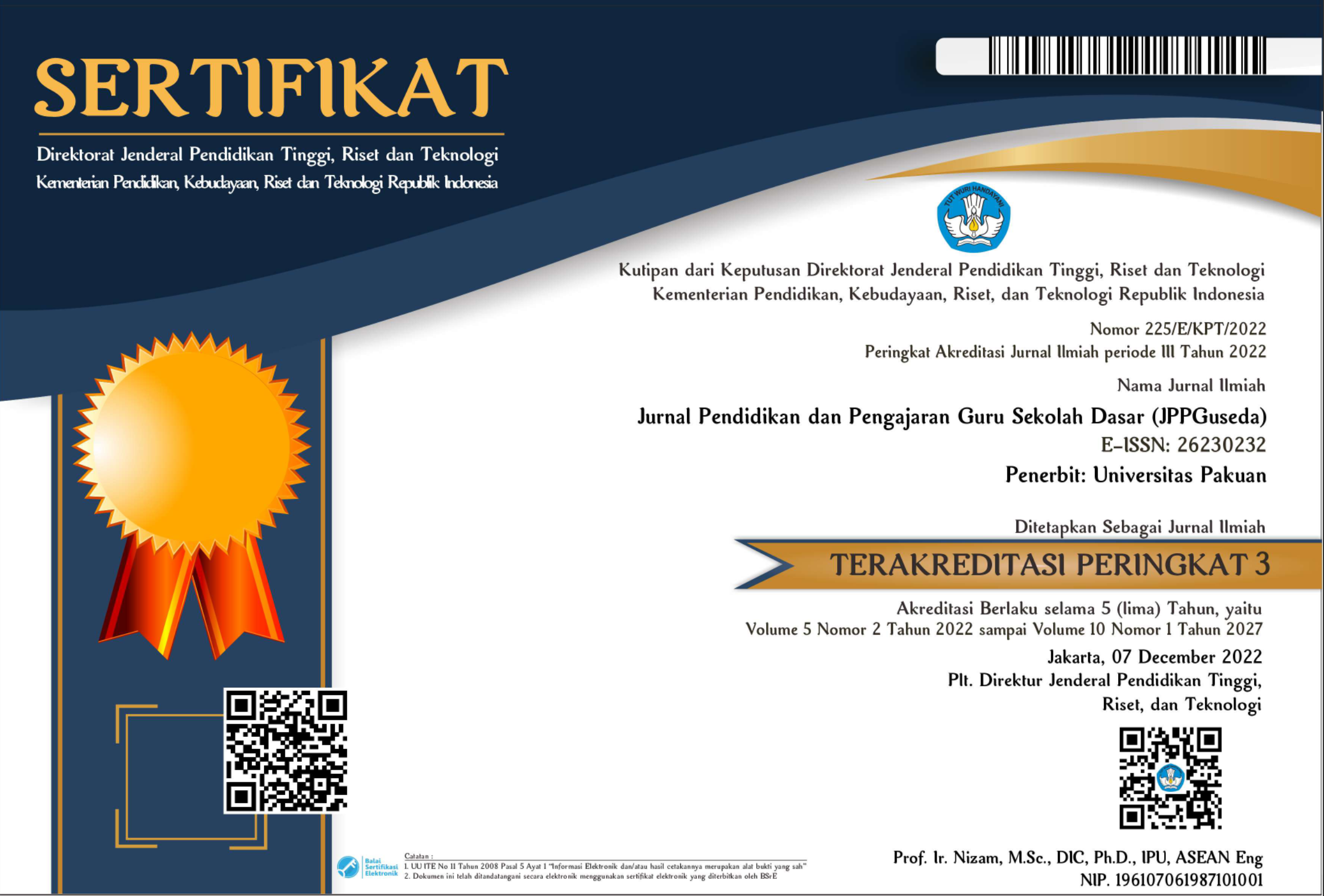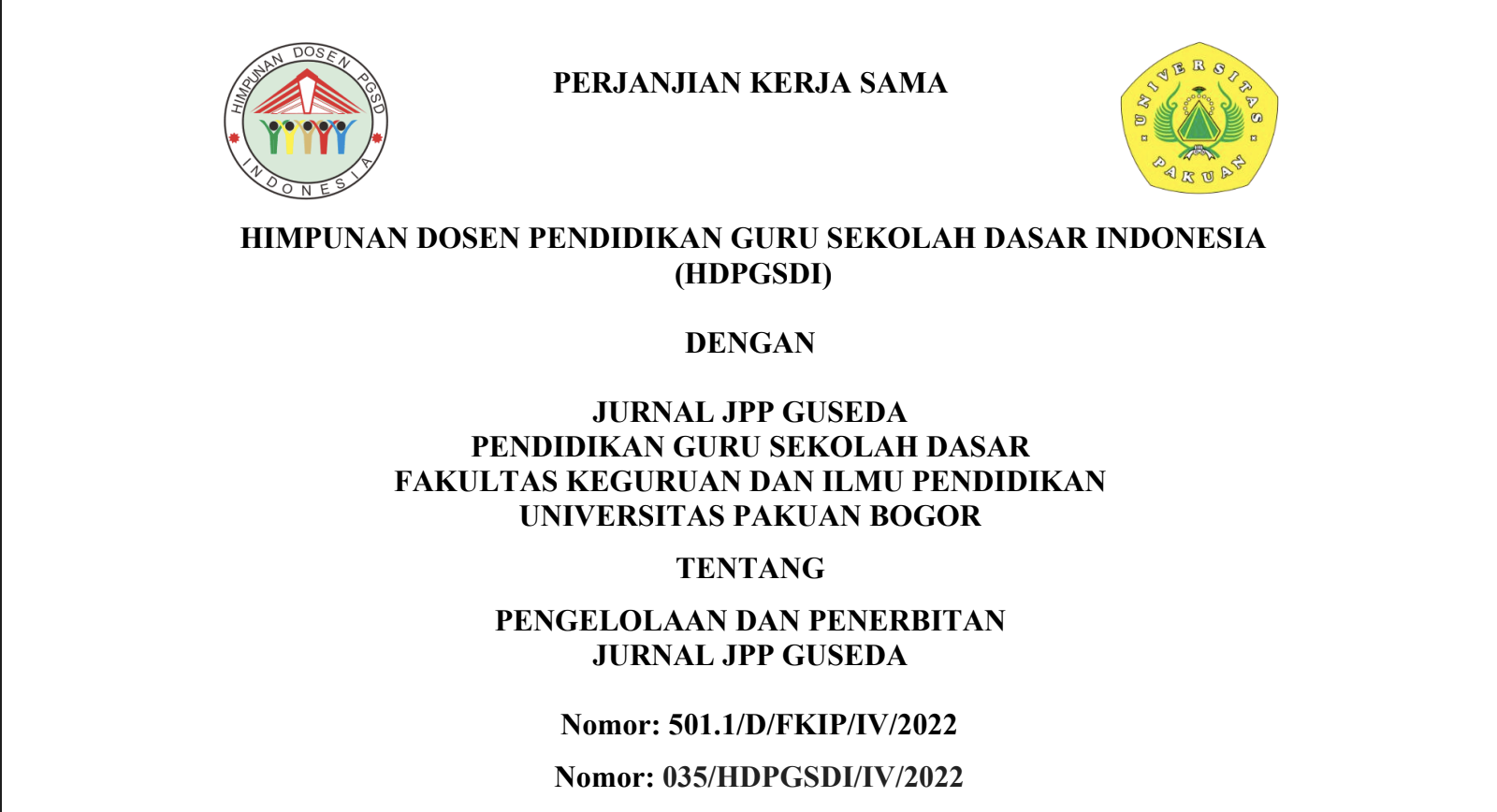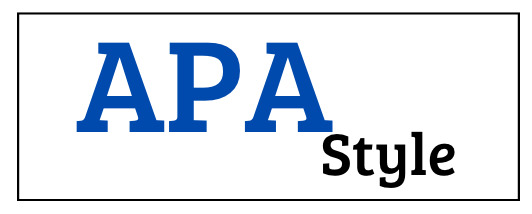PENGARUH PENGGUNAAN MODEL PROBLEM BASED LEARNING TERHADAP HASIL BELAJAR SUBTEMA CARA TUBUH MENGOLAH UDARA BERSIH
Abstract
THE EFFECT OF THE USE OF PROBLEM BASED LEARNING MODEL ON THE RESULTS OF LEARNING SUBTEMA HOW THE BODY CREATES CLEAN AIR
The Effect of Using Problem Based Learning Model on Learning Outcomes of the Subtheme How the Body Processes Clean Air. Thesis of Elementary School Teacher Education Study Program, Faculty of Teacher Training and Education, Pakuan University, 2021. This research is a quasi-experimental research. This study aims to determine the difference in learning outcomes of the subtheme of How the Body Processes Clean Air through the use of Problem Based Learning Models for Class VB students and Conventional Learning Models for Class VA students. This research was conducted at Bangka 03 State Elementary School, Bogor City, Class VA and Class VB from July to August in the odd semester of the 2021/2022 academic year. Calculation of N-Gain Problem Based Learning model is 81 with high criteria, and the conventional model value is 70 with medium criteria. So that the N-Gain in the experimental class with the Problem Based Learning model is greater than the control class with the conventional model. Researchers conducted a normality test with the Liliefors test, both samples were normally distributed because the values for both samples were smaller than Ltable. In the Problem Based Learning class group, the value of Lcount Ltable is 0.139 0.161, in the control class group the Lcount Ltable is 0.058 0.161. Then in the homogeneity test, the data is homogeneous because Fcount Ftable, the value is 1.35 1.88. Furthermore, in hypothesis testing, it was found that tcount of 14.59 was greater than ttable of 2.00404, indicating that H0 (zero hypothesis) was rejected and Ha (alternative hypothesis) was accepted. Based on the research above, it can be stated that there are differences in the learning outcomes of the first learning through Problem Based Learning and Conventional Learning Models..
Keywords
References
R. Pertiwi, Y. Suchyadi, and R. Handayani, Implementasi Program Pendidikan Karakter Di Sekolah Dasar Negeri Lawanggintung 01 Kota Bogor,†J. Pendidik. Pengajaran Guru Sekol. Dasar (JPPGuseda ), vol. 02, no. 01, pp. 4146, 2019.
R. Purnamasari et al., Student Center Based Class Management Assistance Through The Implementation Of Digital Learning Models,†J. Community Engagem., vol. 02, no. 02, pp. 4144, 2020.
Y. Suchyadi et al., Increasing Personality Competence Of Primary School Teachers, Through Education Supervision Activities In Bogor City,†J. COMMUNITY Engagem., vol. 01, no. 01, 2019.
D. Destiana, Y. Suchyadi, and F. Anjaswuri, Pengembangan Instrumen Penilaian Untuk Meningkatkan Kualitas Pembelajaran Produktif Di Sekolah Dasar,†J. Pendidik. Pengajaran Guru Sekol. Dasar (JPPGuseda ), vol. 03, no. September, pp. 119123, 2020.
Dewi, N. l., Suwatra, I. W., & Rati, N. W. 2014. Pengaruh Model Problem Based Learning Terhadap Hasil Belajar IPA Siswa Kelas V Tahun Pelajaran 2013/2014 di SD Segugus 1 Kecamatan Marga Kabupaten Taban. Mimbar PGSD Universitas Pendidikan Ganesha, 2(1), 1-10.
Chalis, G. A. (2020). Pengaruh Model Problem Based Learning (PBL) Terhadap Hasil Belajar Pecahan di Sekolah Dasar. Jurnal Pendidikan Tambusai, 4(3), 2936-2944.
Devitasari, Y., Hidayat, R., & Kurnia, D. (2018). Penerapan Model Problem Based Learning Untuk Meningkatkan Hasil Belajar Pada Subtema Bangga Terhadap Daerah Tempat Tinggalku. Jurnal Pendidikan dan Pengajaran Guru Sekolah Dasar (JPPGuseda), 1(1),08-14.
Sukmanasa, E. 2016. Hubungan antara Disiplin Belajar dengan Hasil Belajar pada Mata Pelajaran Ilmu Pengetahuan Sosial. Jurnal Kreatif, 7(1), 11-24.
Susanto, A. 2013. Teori Belajar dan Pembelajaran di Sekolah Dasar. Jakarta: Prenadamedia Grup.
Lubis, M. A., & Azizan, N. 2020. Pembelajaran Tematik SD/MI. Jakarta: Kencana.
Nurdyansyah, & Fariyatul, E. (2016). Inovasi Model Pembelajaran. Sidoarjo: Nizamia Learning Cente.
Mayasari, D. (2020). Program Perencanaan Pembelajaran Matematika. Yogyakarta: Cv Budi Utama.
Sudaryono. 2017. Metodologi Penelitian. Jakarta: PT RajaGrafindoPersada.
Pollin, R. (2021). PENGARUH MODEL PROBLEM BASED LEARNING TERHADAP HASIL BELAJAR IPA TENTANG EKOSISTEM. Journal of Character and Elemantary Education, 1(1).
Dewi, N. l., Suwatra, I. W., & Rati, N. W. 2014. Pengaruh Model Problem Based Learning Terhadap Hasil Belajar IPA Siswa Kelas V Tahun Pelajaran 2013/2014 di SD Segugus 1 Kecamatan Marga Kbupaten Taban. Mimbar PGSD Universitas Pendidikan Ganesha, 2(1), 1-10.
Kelana, J. B., & Wardani, D. S. 2021. Model Pembelajaran IPA SD. Cirebon: Edutrimedia Indonesia.
Indarwati, D., Wahyudi, & Ratu, N. 2014. Peningkatan Kemampuan Pemecahan Masalah Matematika Melalui Penerpan Problem Based Learning Untuk Siswa Kelas V SD. Satya Widya, 30(1), 17-27.
Lidinillah, D. A. 2013. Pembelajaran Berbasis Masalah (Problem Based Learning). Jurnal Pendidikan Inovatif, 5(1), 1-7.
DOI: 10.55215/jppguseda.v4i3.4757
 Abstract views : 383
Abstract views : 383
Refbacks
- There are currently no refbacks.
Copyright (c) 2022 Jurnal Pendidikan dan Pengajaran Guru Sekolah Dasar (JPPGuseda)

This work is licensed under a Creative Commons Attribution-NonCommercial 4.0 International License.




















